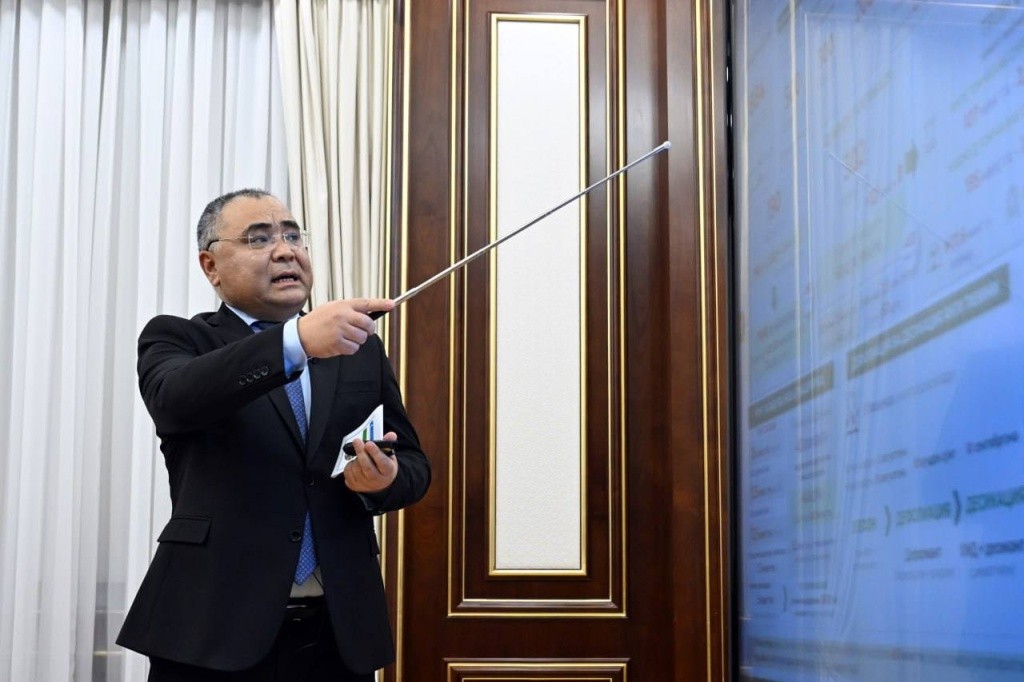News
Farmers are promised millions of soums for increasing cotton yields
Uzbekistan, Tashken – AN Podrobno.uz. On November 17, President Shavkat Mirziyoyev got acquainted with new proposals to improve the efficiency of cotton growing and expand measures of financial support for agriculture.
As the presidential press service emphasized, agriculture occupies a key place in the country’s economy. According to the president, its share reaches 20%, the annual production volume is 467 trillion soums, and employment in the industry is provided for 3.5 million people. A third of Uzbekistan’s total exports also come from fresh and processed agricultural products.
At the presentation, special attention was paid to the issues of increasing cotton yields. To achieve this, it is planned to introduce targeted work with low-productivity farms, advanced agricultural technologies and new methods of plant nutrition, as well as carry out a deep reform of the training system for agronomists.
One of the key proposals was the introduction of mentoring in cotton growing. Experienced farmers with a yield of over 60 quintals will be assigned to those who receive less than 30 quintals. Mentors will undergo retraining at the Institute for Advanced Training of Agricultural Workers and receive certificates. If low-productivity farmers reach 50 centners per hectare, mentors will be paid 5 million soums.
To train modern agronomists, it is proposed to introduce a two-year dual education system for graduates of specialized universities. Students will undergo internships in advanced clusters and farms, receiving scholarships. Incentive payments are provided for specialists who train young farmers.
A separate block of discussions concerned accelerating the development of local cotton varieties. Despite the presence of two unique scientific centers - the Center for Genomics and Bioinformatics and the Institute of Cotton Growing - their potential, according to the president, is not used enough. To improve selection, it was proposed to build a phytotron and a reproduction greenhouse, which would reduce the time required to create new varieties by almost 2.5 times and free the country from dependence on imported seeds.
The government also plans to scale up the cultivation of cotton under film, expand the use of agrodrones and actively introduce artificial intelligence and digital technologies. The Ministry of Agriculture is already working with foreign companies to train personnel and develop modern scientific infrastructure.
Particular attention was paid to issues of financial support for farmers. It is proposed to launch a system of voluntary crop insurance for cotton, grain, fruit and leguminous crops from 2026, with the state covering 50% of the insurance premium.
In addition, to simplify subsidization procedures, it is planned to create an Agency for Payments in the Agricultural Sector, which will combine 75 types of subsidies distributed today by different departments into a single digital platform. This approach will significantly reduce bureaucracy and speed up farmers` access to support.
The President approved the proposals presented and instructed the responsible structures to begin their implementation.
Source

